Top 10 Things Doctors from Different Departments Wish You Wouldn’t Do
Advertisement
It’s often said that prevention is better than cure, and this holds especially true when it comes to our health. Many of the illnesses and ailments we experience are a result of neglecting small everyday matters. That’s why doctors across ten different medical departments are eager to share the top ten things they wish you wouldn’t do. By avoiding these actions, you can save yourself from unnecessary suffering and medical complications. So, let’s delve into these valuable insights before it’s too late and we find ourselves facing the consequences of our actions.
Oncologists
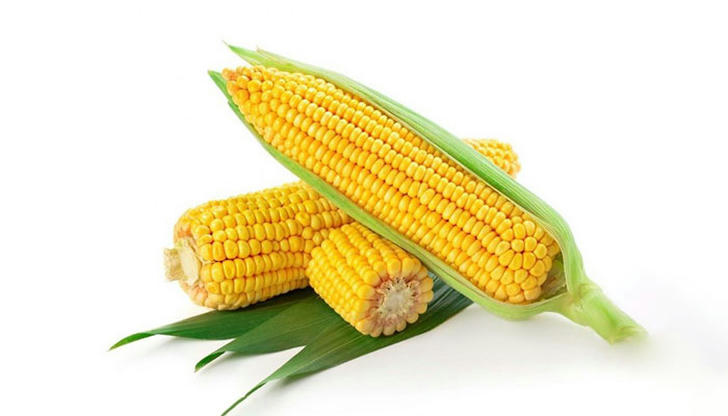
Don’t eat moldy food. Moldy food can potentially produce mycotoxins that can harm your health. Prolonged consumption can even increase the risk of cancer. Washing and high-temperature cooking may not completely destroy them, so be especially cautious with peanuts, corn, soybeans, nuts, and other foods.
Hematologists
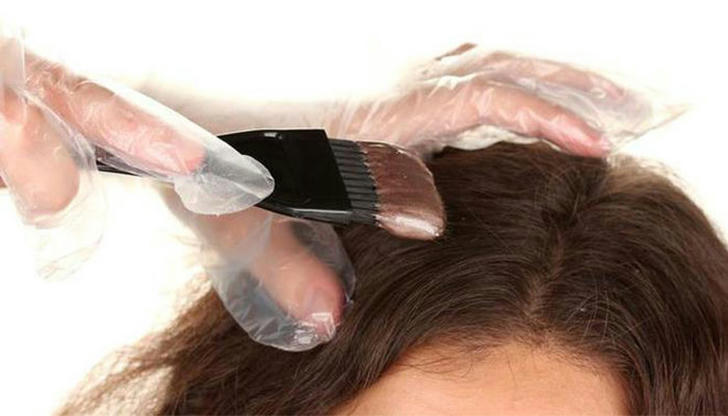
Don’t dye your hair too frequently. Although current research hasn’t established a definitive causal relationship between hair dye and cancer, various ingredients in hair dye products may have sensitizing effects. This is particularly important for older adults and pregnant women, who should minimize exposure to potentially harmful substances. So, if possible, try to avoid hair dye altogether, and if you do dye your hair, limit it to once every six months.
Cardiologists
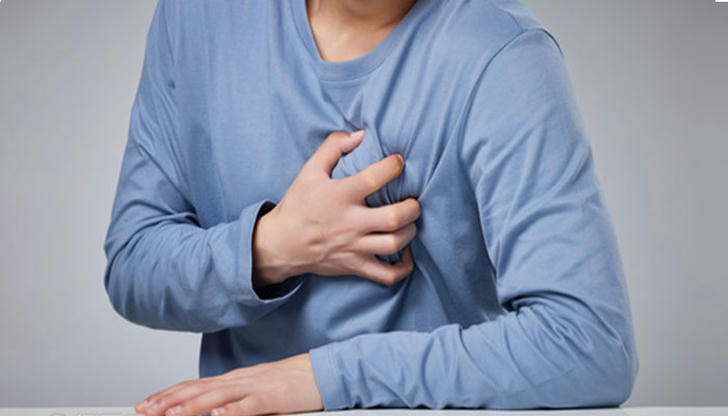
Don’t engage in vigorous exercise when you have a cold. After catching a cold, your immune system weakens, making it easier for viruses to attack and cause conditions such as acute myocarditis and cardiac and pulmonary dysfunction. Therefore, when you have a cold, you should exercise moderately and avoid intense physical activities.
Ophthalmologists

Don’t go out in bright sunlight without sunglasses. The ultraviolet rays in sunlight can harm the conjunctiva, cornea, lens, vitreous humor, retina, and other parts of your eyes. When it’s sunny, make sure your eyes aren’t “naked,” especially between 10 am and 4 pm when the sunlight is strongest. It’s best to wear sunglasses with UV protection.
Urologists
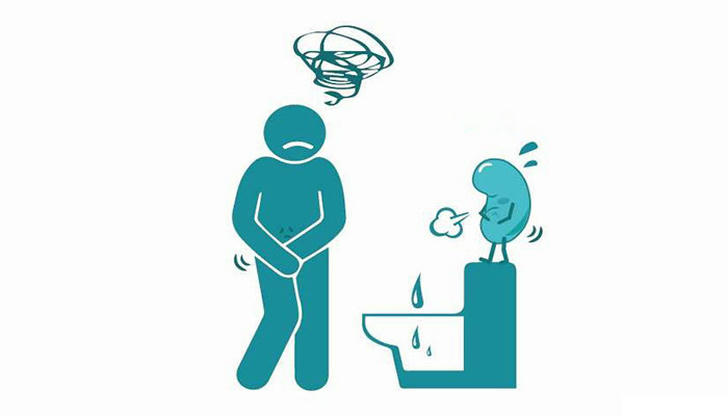
Don’t hold your urine for too long. This practice can negatively impact your body’s ability to combat infections, potentially resulting in conditions like bladder infections. In more severe cases, it can even impair kidney function. Therefore, it is important to listen to your body’s signals and urinate when necessary, rather than holding it in for extended periods of time. Even in important situations, there is no need to feel pressured.
Hepatobiliary Surgeons
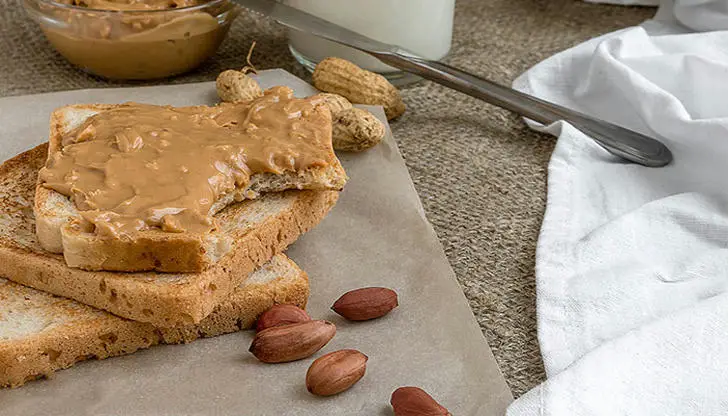
Don’t eat peanut butter too often. It’s difficult to determine whether peanuts have gone bad or not. In case of partial spoilage, the produced aflatoxin can spread and increase the risk of illness. So it’s best to avoid eating peanut butter that you can’t easily tell if it’s fresh or not.
Orthopedic Surgeons
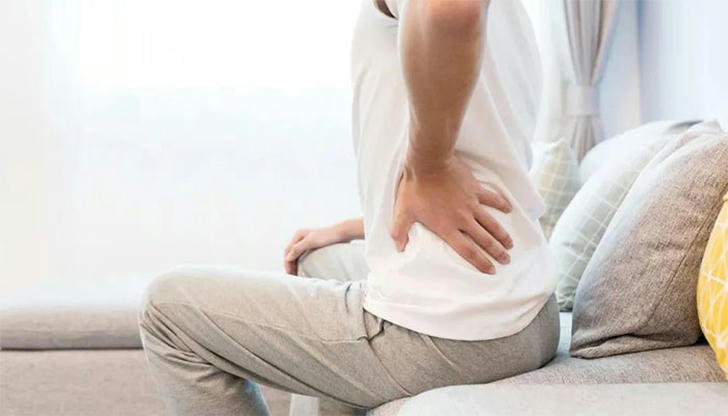
Don’t sit on a soft couch for long periods. When the couch or bed is too soft, sitting on it lacks adequate support for the lumbar spine, which can cause the pelvis to tilt backward. Over time, this can lead to muscle strain, bone spurs, and even herniated discs in the lower back. It’s better to sit on a hard chair with a backrest, keeping the buttocks and lower back close to the chair, allowing the muscles to relax and reducing pressure on the intervertebral discs.
Dentists
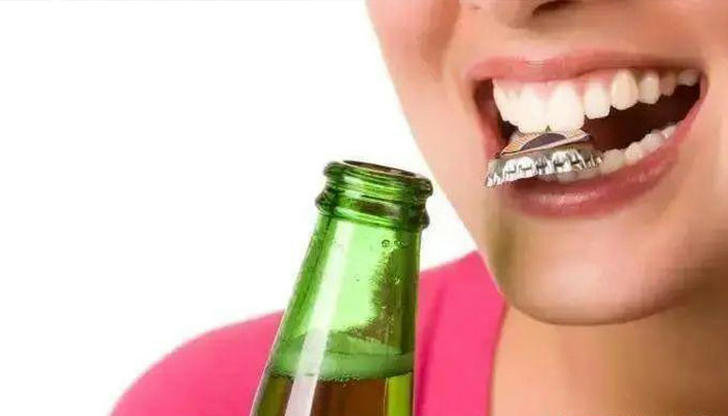
Don’t use your teeth to open bottle caps. Many people tend to use their teeth as substitutes for scissors and tools, like using them to open beer bottles, tear off price tags from clothes, or open a bag of chips. These hard objects can damage the teeth or even cause fractures at the edges. It is important to note that unhealthy teeth can lead to various health problems, such as malnutrition. After all, when it comes to obtaining nutrition, we heavily rely on the chewing function of our teeth.
Dermatologists
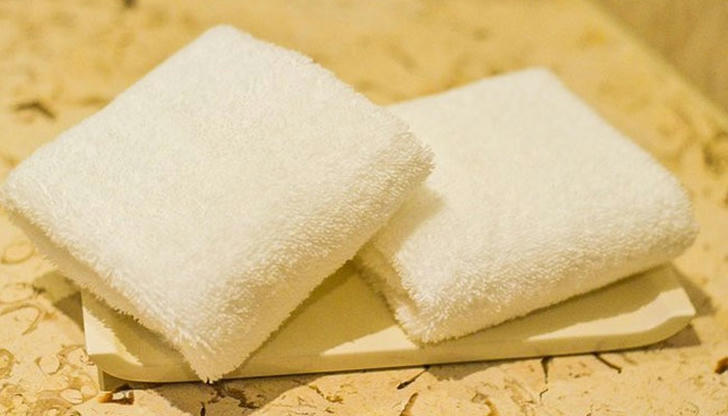
Don’t use hotel bathtubs and towels. Although hotel bathtubs and towels are generally disinfected, there is a risk of infection if the disinfection is not thorough or if you have wounds on your body. So, when traveling or on business trips, try to avoid using hotel bathtubs for bathing and use your own towels whenever possible.
Gastroenterologists
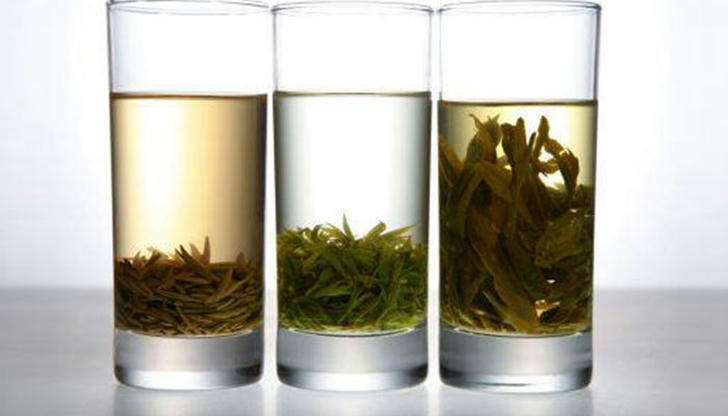
Don’t drink strong tea too often. Coffee and strong tea can easily cause gastroesophageal reflux. Stomach acid is corrosive, and frequent reflux can irritate the esophagus and throat. Research has shown that gastroesophageal reflux disease is also one of the main causes of esophageal cancer.
These are all common things in our daily lives, and many people may disregard them, thinking that it’s no big deal to eat slightly moldy food. However, the truth is that many things accumulate over time. That’s why we need to take timely preventive measures in our daily lives. From avoiding moldy food to not holding urine for too long, each action has the potential to impact our well-being. By heeding these insights and making conscious choices, we can protect ourselves from unnecessary suffering and health issues. Remember, prevention is always better than cure.



